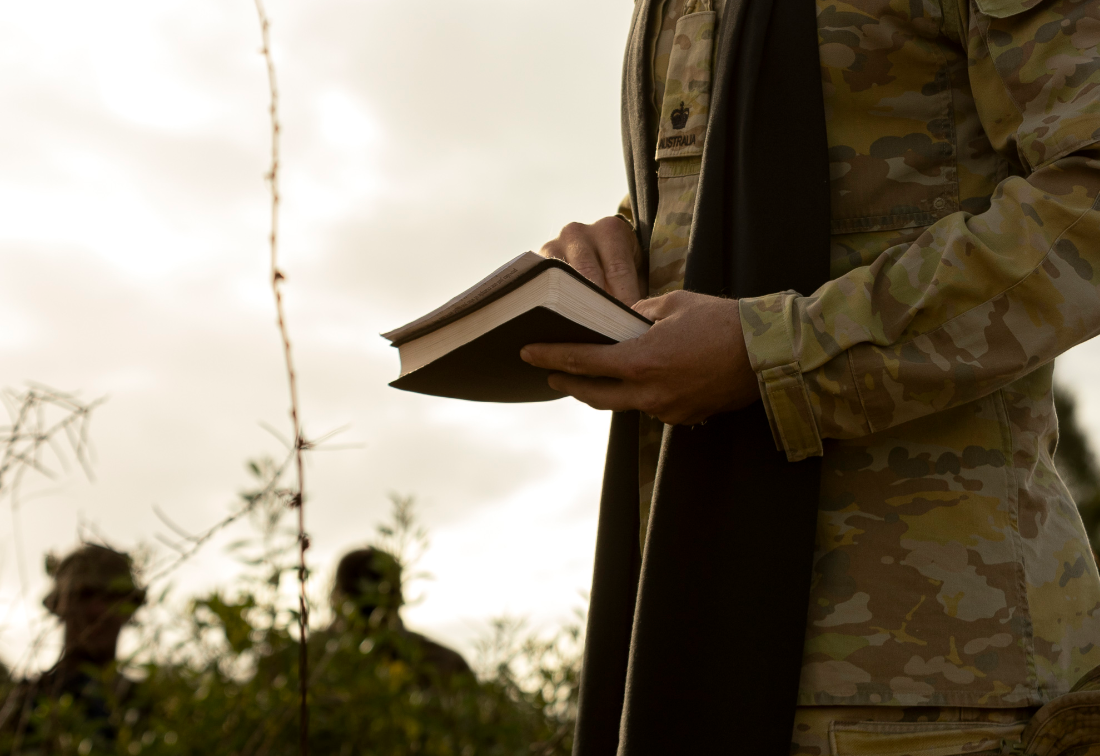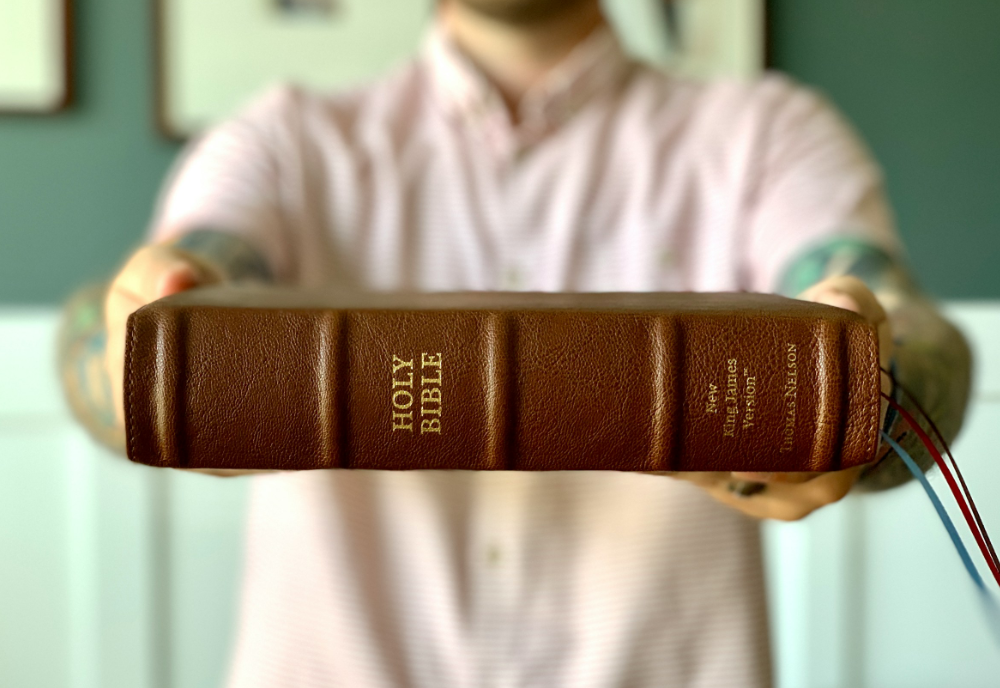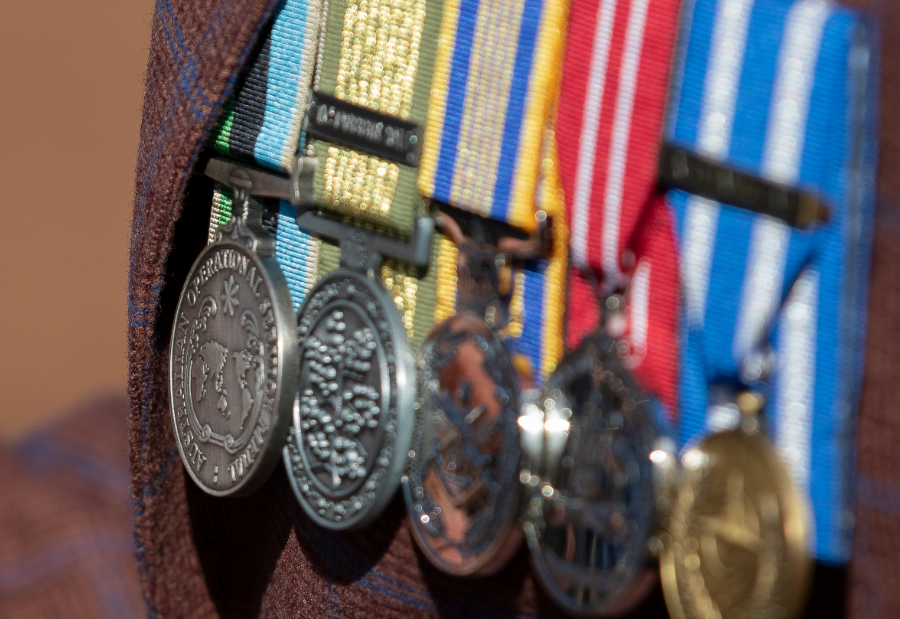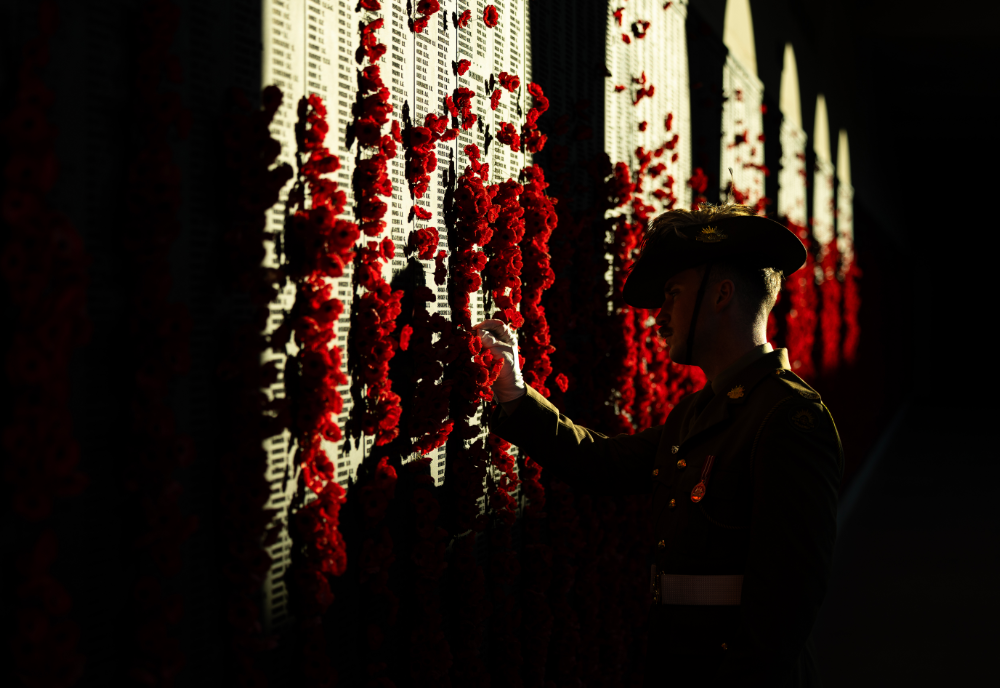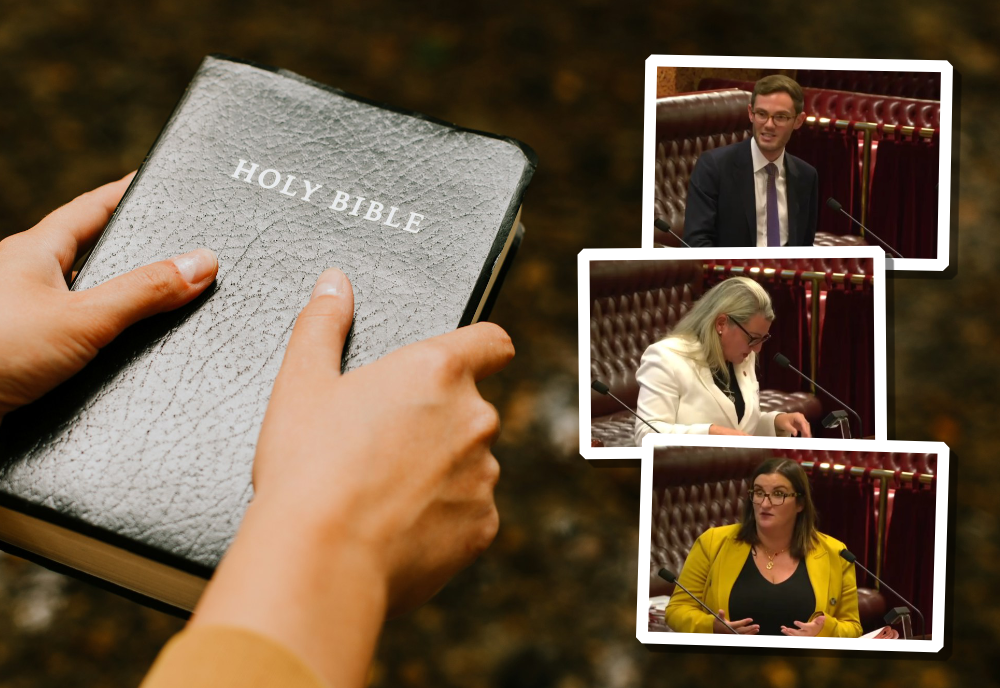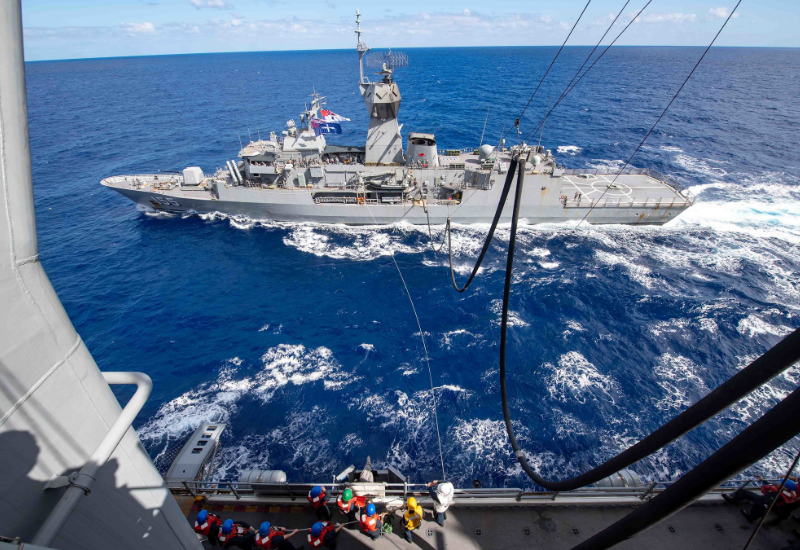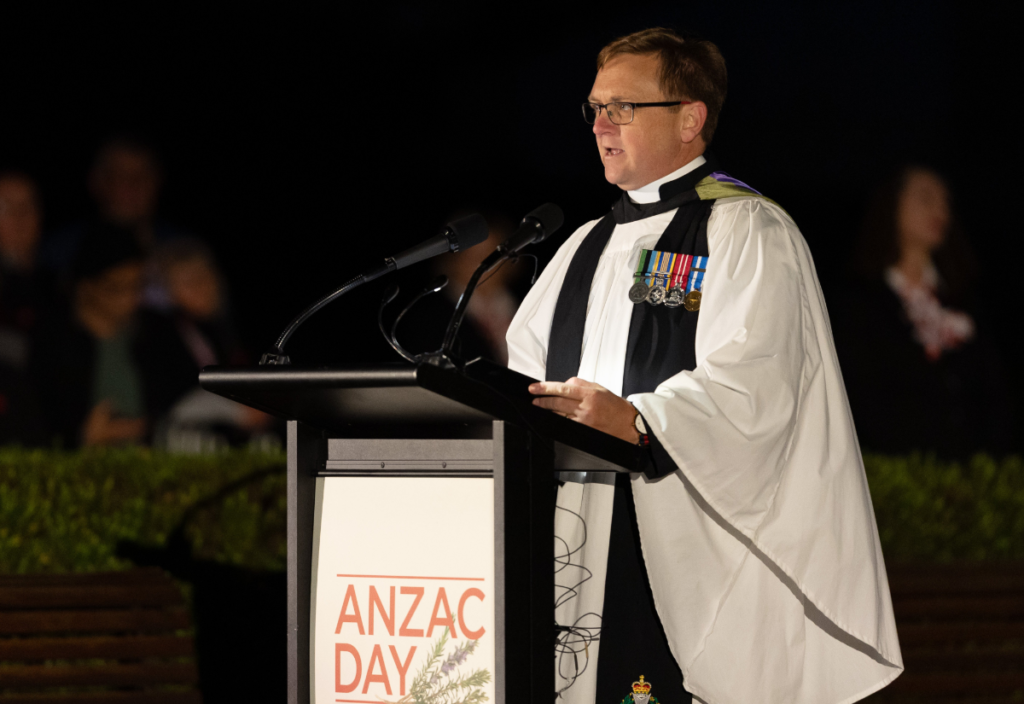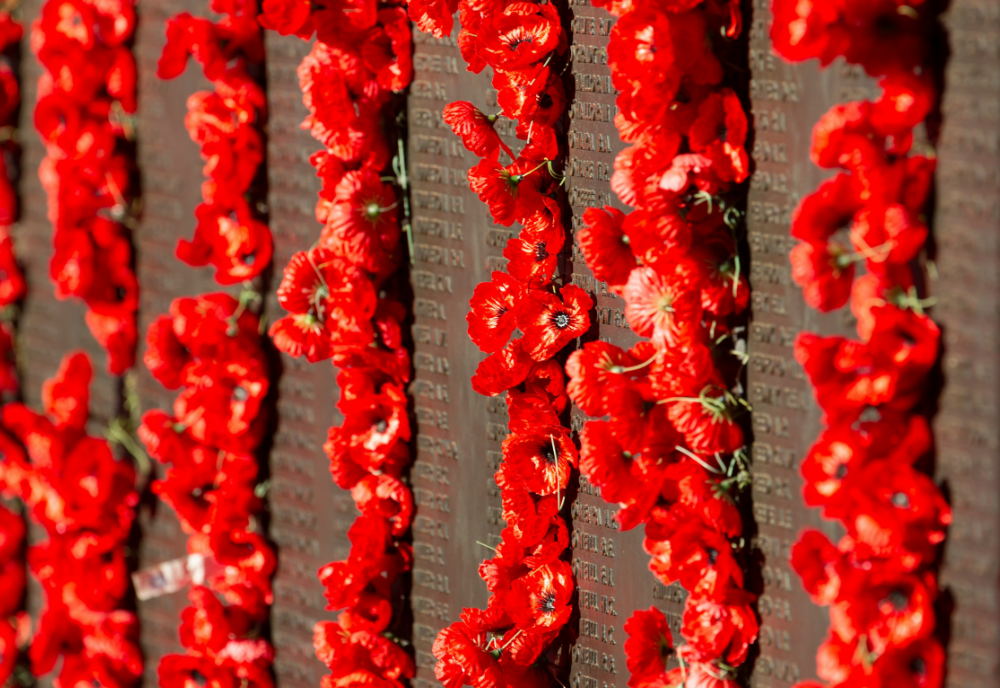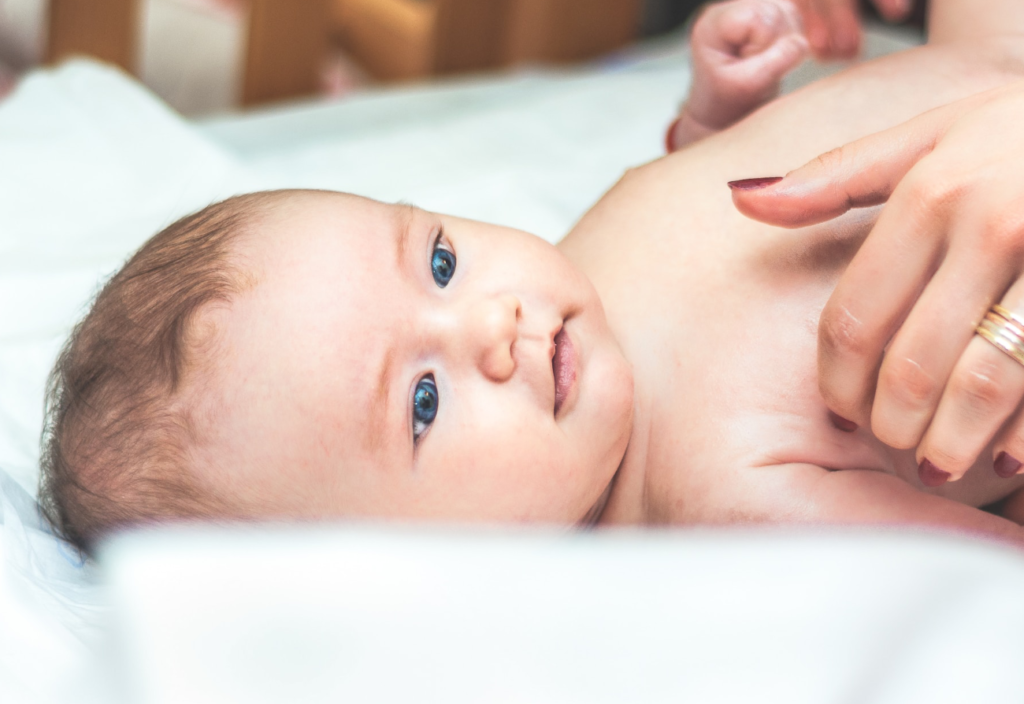In the Australian Defence Force, there’s an oft-repeated line about the role that religious chaplains play. You hear it from chiefs at Senate estimates, in letters from government ministers, and in comments by chaplains themselves. And it goes something like this: “Chaplains support people from all religions and also people of no faith.”
The problem is: it’s a myth. And this myth remains seemingly unchallenged by government and Defence hierarchy.
Chaplains may like to believe their own public relations material and think they can meet the needs of all people working in Army, Air Force and Navy. But if you think about it for more than, let’s say, one second, you will realise they simply cannot. For all kinds of reasons, many people simply do not want to speak to religious agents about their problems. Religion is the barrier to care.
While the Navy recognised the need to introduce secular roles into its chaplaincy branch a few years ago, Army and Air Force still have not provided this option for their workforces. Instead, they continue to rely on religious chaplains – and, increasingly, Pentecostal and evangelical chaplains – with theological degrees and experience in church pastoring.
In a workforce of about 60 thousand, and with new official data showing 61 per cent of personnel identify as not religious and 6 per cent say they are gay, lesbian or bisexual, it’s conceivable that thousands of Defence Force personnel currently do not have access to the frontline wellbeing support – support that is uniformed and embedded in units – that they want and need.
And all of this at a time of a mental health crisis, with unacceptably high suicide rates, among Defence personnel and veterans.
Many Defence personnel would be naturally circumspect of engaging with chaplains who have theological and ideological views at odds with mainstream Australia on all kinds of social issues. Church groups have spearheaded opposition to wildly popular public policies such as same-sex marriage, access to abortion, and voluntary assisted dying.
Indeed, an Air Force investigation into the culture of its chaplaincy branch found “evidence of tension within Chaplaincy related to theology and ideology”, and made a number of recommendations to combat the problem of “conflict/dissonance” between faith and Defence values. Appearing at the Royal Commission into Defence and Veteran Suicide last year, Chief of the Air Force, Air Marshal Robert Chipman, acknowledged that the Air Force Chaplaincy Review had found an “unhealthy mix of theological beliefs”.
The Rationalist Society of Australia has previously unearthed much evidence of chaplains espousing – in official Defence publications, no less – theological views, including on same-sex relationships, sexual ethics and non-religious people, that raise serious doubts on whether chaplains can provide non-judgemental care.
Consider the issue of suicide – the subject of the Royal Commission. Faith traditions such as Catholicism have historically viewed suicide as “sinful”. Yet, the taxpayer-funded committee of religious clerics advising Defence and overseeing chaplaincy recruitment, known as the Religious Advisory Committee to the Services (RACS), told the Royal Commission that world religions have been “perceived to be against any individual contemplating suicide” (emphasis added).
The Catholic Church continues to tell governments that voluntary assisted dying – now legal in all Australian states – is really “suicide”. Clearly, suicide and voluntary assisted dying for the terminally ill are two completely different things. This surely raises the question of how Catholic chaplains can support a terminally-ill Defence member who is contemplating accessing voluntary assisted dying, or who may be dealing with a relative in such a situation.
Despite identifying issues of theology clashing with Defence values, the investigators behind the Air Force Chaplaincy Review found “perhaps reassuringly” that there was no evidence that the conflicting theological and ideological views of chaplains impacted other service personnel or their families. But, if chaplains can’t even get their own houses in order, how can we have any trust that it doesn’t adversely impact their work?
While the official line claims that chaplains serve all, if you look closely enough at Defence chaplaincy promotional materials you can find statements that muddy that picture. In one promotional video, for example, an Air Force chaplain says: “There are people who would not want to come and see a chaplain. But, for the most part, we’re here to help, and people recognise that.”
In an edition of the Army Chaplaincy Journal – now removed from the Defence website – a chaplain wrote that he “couldn’t be everything to everyone” while serving in Afghanistan. He added:
“I was very conscious of my strengths and limitations of ministering in a pluralistic setting, in which few publicly acknowledged denomination and faith group affiliations, whilst most remained silent and distant from all things religious.”
One would think that Army and Air Force could simply ask their personnel what type of pastoral care and wellbeing support they would prefer and then act on that information.
Such a survey may have taken place in 2021. There have been a couple of articles, written jointly by chaplains, academics and Defence department staff, and published in the Army’s chaplaincy journal, that have trumpeted the results of an “ADF Survey” as evidence of faith-based chaplaincy being “fit for purpose”. Yet the full survey results have not been made public, meaning there is no way for independent observers to validate the results. The Department of Defence has also rejected a Freedom of Information application by the Rationalist Society of Australia for a report on the data.
The little detail that has been reported in the journal articles raises questions over whether the authors actually reached the right conclusion. According to the article in the 2023 journal:
“…recent Australian research of a random sample of military personnel (n = 2783) reported that, of those who were offered a question about their religious affiliation, 28.4% (n = 317) identified with a specific religion, yet nearly four times that number (n=1230) of military personnel had utilised chaplaincy services. Furthermore, over 85% of those who utilised chaplains were satisfied or very satisfied with the support they received, while 10% were ‘undecided’, and only 5% ‘unsatisfied’…”
Firstly, it appears that only some respondents were asked a question on religious affiliation. On what basis were individuals offered the religion question? The proportion that identified with a religion (28.4 per cent) is below the known religious affiliation of Defence personnel – which would have been around 40 per cent at the time of the survey in 2021.
Were only people who did not see a chaplain asked the question on religion? If so, then a lower-than-representative proportion of members who did not see a chaplain were religious. And the corollary would also be true: that a higher-than-representative portion of members who did see a chaplain must be religious. If that were the case, it would seem to disprove the authors’ central claim.
Second, only 44 per cent (1230) of the sample self-selected to see a chaplain. And, of these, 15 per cent were not satisfied with the chaplain. That leaves a majority of people surveyed either not having seen chaplains or not being satisfied with them.
Strangely, the same authors argue that the national Census results show that “secularism as a belief” is held by “only a small and reducing number of people”. They claim that Australians calling themselves secular, rationalist, or humanist have declined at a faster rate than Christianity – over 20 per cent compared to 8 per cent – between 2016 and 2021. Somehow these experts missed the fact that, for the 2021 national Census, secular, rationalist, humanist and atheist groups staged a national campaign, attracting widespread media attention, that encouraged non-religious people – even members of their own organisations – to mark ‘no religion’. The larger category ‘no religion’ surged in the 2021 Census, reaching almost 39 per cent, even with a biased Census question that assumed all respondents had a religion.
Publicly available survey data on religious chaplaincy show a reluctance from non-religious people to seek help from religious chaplains. Of more than 1000 respondents to a 2020 Dynata survey, only 22 per cent of non-religious people said they would be likely to seek support from religious chaplains, whereas 49 per cent said they would seek non-religious pastoral support.
A 2017-18 report by the Australian National Audit Office titled Managing Mental Health in the Australian Federal Police showed that AFP employees experiencing high stress levels were overwhelmingly (78 per cent) unlikely to want to seek help from a chaplain. Indeed, only 12 per cent said they would see a chaplain.
Another myth that has helped to maintain the status quo for religious chaplaincy in Defence is the argument that personnel already have access to other secular support. But, as former head of Navy chaplaincy and secular reformer Collin Acton has pointed out, this commonly used line is a “half truth”. Defence personnel do, of course, have access to secular support such as social workers, medical professionals and psychologists. But these professionals are not uniformed and embedded in military units like chaplains are, and are not immediately accessible. Chaplains are, therefore, the first port of call.
Acton had to fight against entrenched religious interests within the military to finally achieve secular reform in 2020, with the introduction of a handful of secular Maritime Spiritual Wellbeing Officer (MSWO) roles in Navy’s chaplaincy branch. Despite then being “forced out” of Defence in 2022 for continuing to publicly advocate for Army and Air Force to follow Navy’s lead, he has continued to lead the way in advocating for secular reform across Defence. In January last year, he wrote on Pearls & Irritations that Defence’s almost exclusive reliance on ordained ministers of religion not only was out of touch but also posed an inexcusable risk to the health and wellbeing of Australian service personnel.
Last year, a Defence review of the secular roles delivered vindication for Acton. The Defence Force Remuneration Tribunal’s final report confirmed there was “strong demand” to access support from the MSWOs and recognised the roles as having delivered a “complementary non-religious alternative” in helping Navy to meet the mental health and wellbeing needs of its personnel.
In recent years, Defence Force leaders and the minister responsible for Defence personnel, Matt Keogh, have pledged to “examine the lessons” of the Navy’s initiative and consider adding secular roles into Army and Air Force. Clearly, the time for reform is now. But how much longer will Defence continue to trot out the myths that prop up religious chaplaincy?
Published 11 January 2025.
If you wish to republish this original article, please attribute to Rationale. Click here to find out more about republishing under Creative Commons.
Photo by Department of Defence (Commonwealth of Australia).

